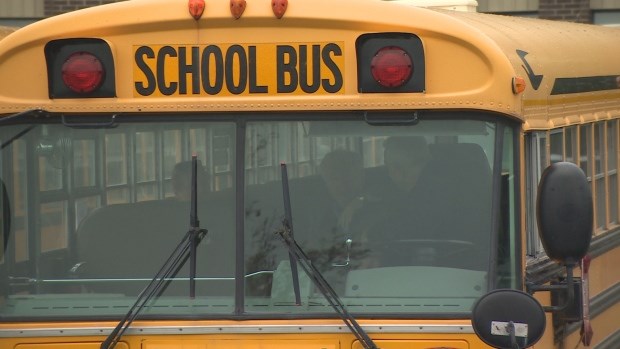Saskatchewan teachers have voted in favour of sanctions, with 90.2 per cent of members in support. Voter turnout was exceptionally high at 96.6 per cent.
“Saskatchewan teachers have demonstrated their collective resolve and commitment to ensure students have access to the supports they need,” said Patrick Maze, President of the Saskatchewan Teachers’ Federation. “Chronic underfunding has created a crisis in Saskatchewan schools that can’t go on any longer.”
The STF were scheduled to meet with Education Minister Gord Wyant and the Saskatchewan School Boards Association on Tuesday. The Conciliation Board recommended the three parties meet “within the next four weeks” in order to “discuss steps that can be implemented immediately to support students and teachers in the classroom.”
“The Conciliator was careful to avoid taking sides on the issue of whether class complexity should be included in this collective agreement. There is nothing preventing this issue from being negotiated other than lack of political will,” said Maze. “If government is taking these issues as seriously as it claims, there is no reasonable argument against including solutions in a collective bargaining agreement that holds government accountable.”
The vote in favour of sanctions provides the Teachers’ Bargaining Committee authority to implement sanctions, however, it is not bound to. Parties may return to the bargaining table at any time. The TBC’s goal is to negotiate a collective agreement that is acceptable to teachers and addresses students' needs. The TBC will determine the type, timing and location of all sanctions.
“We know it creates uncertainty for students, parents and teachers alike,” said Maze. “Teachers want to be in the classroom with their students; however, they know students are not getting what they need and are determined to use the tools at their disposal to ensure resources are available. That’s what students and parents want, too.”
The authority to implement sanctions remains in place until a new provincial collective agreement is ratified. Sanctions may take a variety of forms, from eliminating teachers' volunteer time for extracurricular activities to a full walkout. Teachers have only withdrawn professional services once since provincial bargaining began in 1973.



